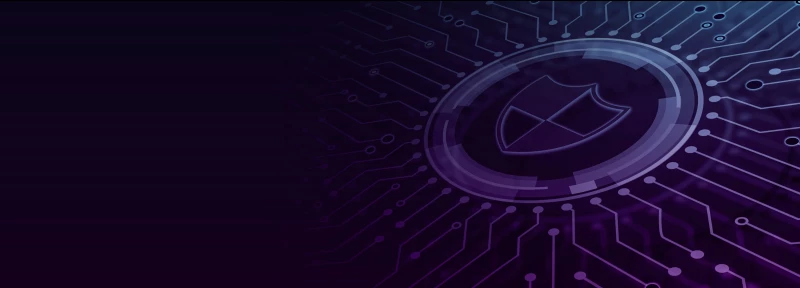
In our day-to-day lives, the role of software is so pervasive that it often goes unnoticed. From the moment we wake up to the time we go to bed, we interact with an array of software applications. These range from the alarm app that wakes us up, and the embedded software in our electric toothbrushes, the complex systems that power our vehicles and keep public transportation running (nearly) on time and the business applications we use to do our work, ranging from Microsoft Windows, Outlook and Office, through to enterprise applications and industrial control systems, all of which play a part in our daily routines.
The Invisible Spider’s Web of Software Dependencies
However, what often remains hidden from the casual observer is the intricate spider’s web of dependencies these software applications have. It is easy to see how Apps on a smartphone rely on its core software, but less apparent are the deep dependencies many services have on perhaps a single line of code buried layers deep in an application or on the work of a developer whose code is critical to the operation of, say a car.
For consumers, the security of these software systems can directly affect their daily lives, potentially leading to disruptions as benign as a late arrival at work or as serious as falling victim to compromising their personal information. For government and businesses, the stakes are even higher. An enterprise's reliance on software means that vulnerabilities can halt operations entirely or pose a threat to life. When such vulnerabilities are exploited by cybercriminals, the financial and reputational damage can be immense, affecting not only the businesses but also their customers and suppliers due to service interruptions and data breaches.
Interestingly, even organizations not traditionally seen as "tech companies" find themselves deeply reliant on software and data. Consider a Motorhome & Camper van hire company that, at a glance, seems far removed from the tech industry. Yet, a closer look reveals it is essentially a data company, holding data relevant to their customers, suppliers, and their own business, all potentially vulnerable to cyber threats like ransomware or fraud. Without its data, this business would cease trading.
Some threats can be enacted through human based cyberattacks such as phishing or paper-based identity theft, whereas others are enacted through the manipulate or exfiltration of data via malicious code embedded within software.
The importance of software security and minimizing cyber risks is undeniable, not just for individual users or businesses, but for the economy and national security as a whole. While it is challenging to fully map and quantify the UK's software supply chain risks, the economic impact of cyberattacks is glaringly evident through both high-profile and lesser-known incidents. These attacks not only have a financial cost but also undermine the resilience of businesses and the trust of end-users.
To combat these risks, the adoption of best practices in software development and its use is paramount. By doing so, the UK can safely leverage software innovation across various fields, from AI and climate change to education, healthcare, and space exploration. Encouraging best practices among software vendors and throughout the supply chain can mitigate risks and promote a secure digital ecosystem.
As we look to the future, fostering an environment that encourages diversity of thought and innovation is essential. This includes welcoming different perspectives and creative ideas that could lead to breakthroughs in cybersecurity practices. By working together and embracing our collective strengths, we can develop a software supply chain resilience that not only protects against cyber risks but also supports the UK's position as a leader in innovation and security.
Your Feedback Matters
We encourage readers to share their thoughts and experiences on software security. Your feedback can contribute to the development of our country and community’s resilience, making a positive impact on cybersecurity practices.

